They Knew What They Wanted (1940)
“There’s good people in the world, and there’s the other kind — the kind that go away.”
|
Synopsis: |
|
Genres:
Review: He makes a few key mistakes early on out of social anxiety, and things spiral from there, thanks to Lombard’s vulnerability and the presence of womanizing Gargan. Lombard tries her best with her challenging role, and Gargan is fine as a casual cad: … but Frank Fay’s portrayal as a noble local priest simply piles on the schmaltz. While we’re happy to see these individuals showing true generosity of spirit by the end of the film, there isn’t much authentic satisfaction in the outcome. I’m sure this was an audience-pleaser in its day, but it’s not must-see viewing at this point. Redeeming Qualities and Moments: Must See? Links: |
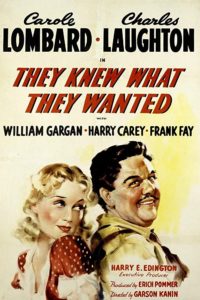
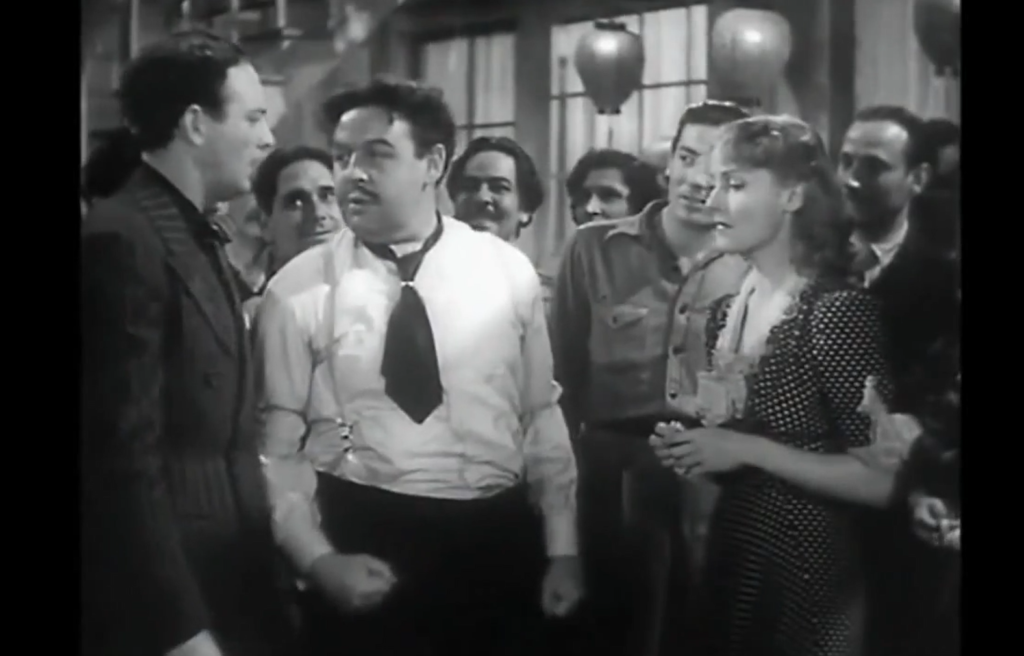
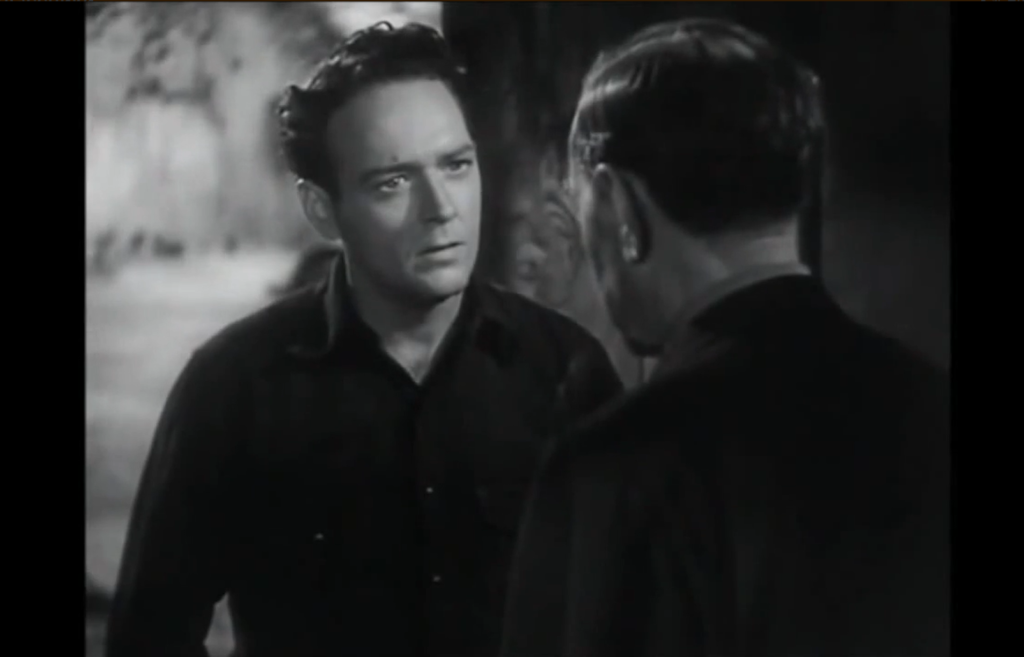
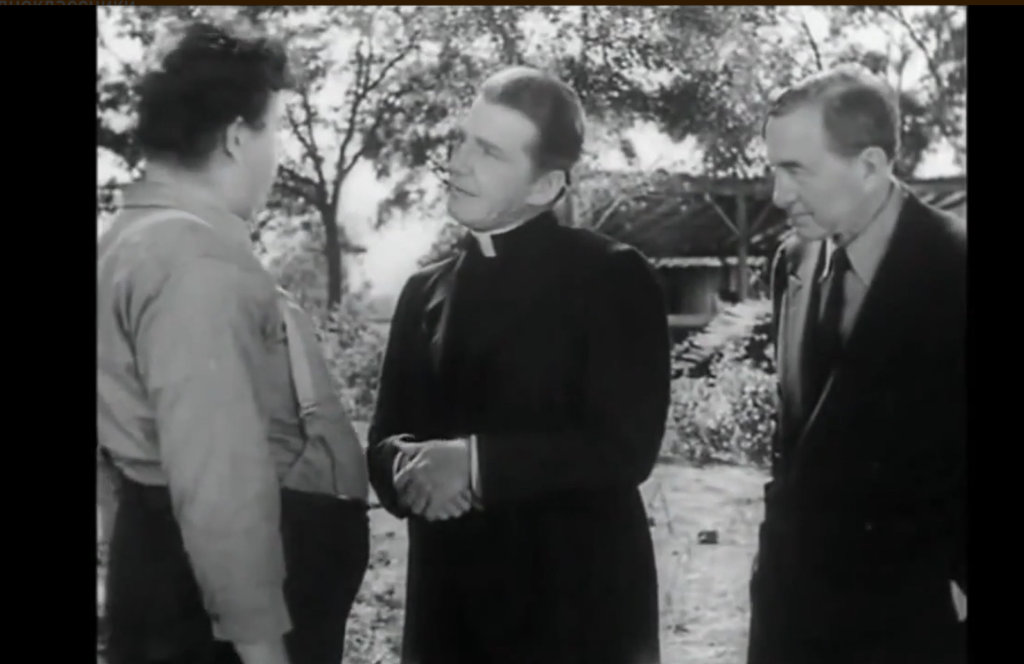
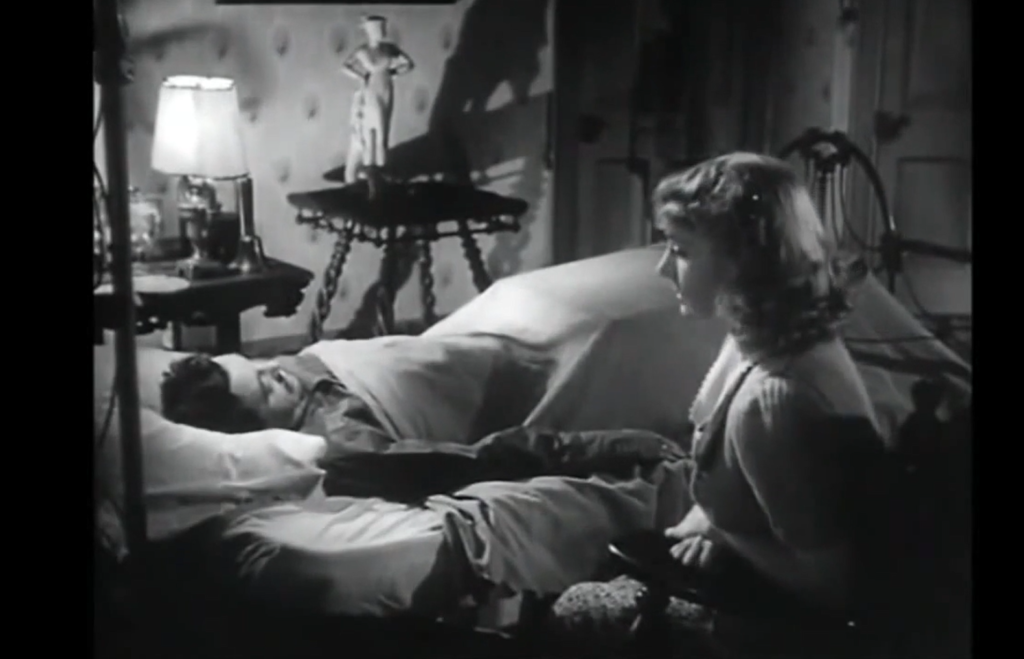
One thought on “They Knew What They Wanted (1940)”
First viewing. Agreed; not must-see.
All through the film, I kept thinking: ‘You mean, in all of Hollywood in 1940, there wasn’t *one* Italian actor who was high-profile enough to play Tony?’ Laughton does, indeed (in typical Laughton style), go at his role with gusto to spare… but I had to fight the feeling that he was miscast.
The film probably did play better at the time of its release – and may very well have been controversial as well (something that would have suited Kanin just fine). But it hasn’t aged all that well.
Gargan’s character makes one very stupid verbal mistake just before he exits from the film; ‘stupid’ because, given what we come to know about him, the mistake seems out-of-character (considering his character has grown and apparently deepened).
However… the film *does* indirectly suggest that all may not be as final for Lombard as she thinks (and viewers need to be content with that possibility).
The “true generosity of spirit” shown in the last few minutes is, by far, the best part of this somewhat-uneven film.